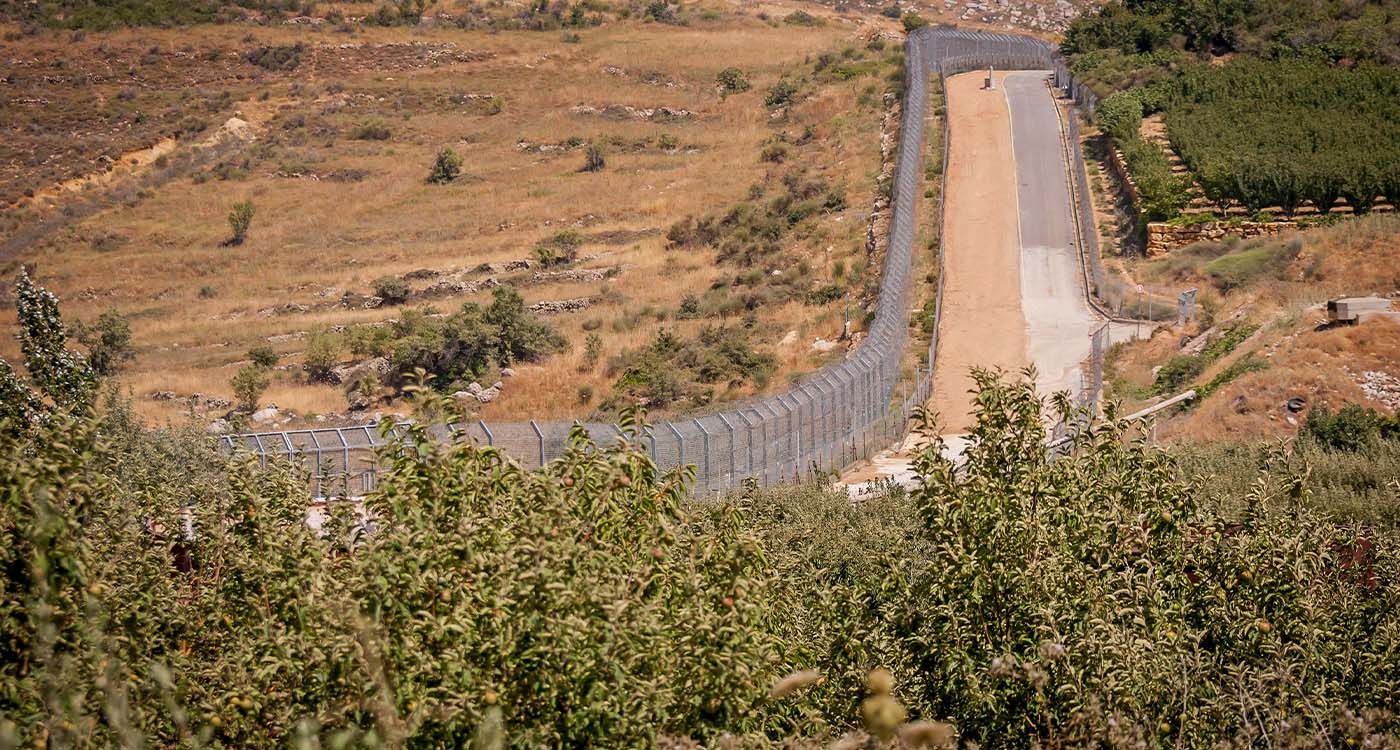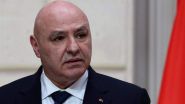
Although Hezbollah has refrained from directly involving Lebanon in the Israel-Iran conflict – limiting its role to rhetorical support – the country remains deeply affected by the ceasefire between these regional powers, according to an Arab diplomat.
This truce is part of a broader peace initiative that United States President Donald Trump is determined to advance in the Middle East. His vision seeks to stabilize the region, ensure weapons remain solely in the hands of state actors, prevent Iran from acquiring nuclear arms, and address Israel’s security concerns.
Trump’s commitment is unwavering: uranium enrichment in Iran will not be tolerated. Washington is prepared to repeat military strikes on nuclear facilities, as it has done in the past under national security directives – measures that compelled both Iran and Israel to adhere to the ceasefire after clear warnings against violations.
Current developments underscore the urgent need to prevent Lebanon from becoming a flashpoint for renewed conflict. Fears of a war between Israel and Hezbollah – which could ignite broader instability and derail peace efforts – are driving intense diplomatic activity.
Ahead of US envoy Thomas Barrack’s arrival in Beirut, Lebanon’s top officials have ramped up consultations to present a unified position on a proposed framework. Reports suggest a special Cabinet session is planned after Ashura to establish mechanisms addressing Hezbollah’s arsenal and other unauthorized weapons, alongside broader reform priorities and Lebanese-Syrian relations.
President Joseph Aoun is expected to deliver Lebanon’s unified response to Barrack’s proposal if it is ready; otherwise, he will likely request an extension until year’s end – an extension expected to be granted, conditional on a Cabinet decision affirming the state’s exclusive right to possess arms.
Sources close to the Amal-Hezbollah duo say that during his preliminary visit, Barrack praised President Aoun’s handling of the dialogue on Hezbollah’s weapons. He reportedly emphasized that disarmament is essential to Lebanon’s long-term stability.
Barrack also insisted that Israel’s commitment to the ceasefire is a prerequisite for full withdrawal from Lebanese territory. He advocates a gradual, step-by-step approach to resolving pending issues and has urged both Lebanon and Syria to engage in dialogue with Israel to end the longstanding state of war.
Upon his expected return on July 7, Barrack aims to accelerate peace efforts between Lebanon, Syria and Israel.
In the lead-up to his visit, former Progressive Socialist Party leader Walid Joumblatt announced that the party had gradually handed over to the Lebanese security agencies the weapons stockpiled in the Shouf region since the May 2008 confrontation with Hezbollah. “A new chapter is opening in the Middle East, and old methods of confrontation are obsolete,” Joumblatt said. He emphasized that all weapons must be under state control and called on all Lebanese and non-Lebanese groups to hand over arms through official channels.
Meanwhile, Israeli National Security Council chief Tzachi Hanegbi revealed he is personally engaged in direct talks with Syrian political figures, stating, “Lebanon and Syria are potential candidates to join the Abraham Accords normalization agreements with Israel.” Lebanese sources have reiterated that peace with Israel must be conditional on full withdrawal from occupied Lebanese territory, an end to daily violations of Lebanese sovereignty, adherence to the US-French ceasefire agreement and full respect for the armistice accord.
In this context, Barrack is expected to continue the work of his predecessor, Amos Hochstein, on border demarcation with Israel – a crucial step toward peace – while also advancing border talks with Syria. However, some sovereigntist political factions oppose new demarcation efforts, insisting on strict adherence to the 1949 Armistice Agreement, which affirms Lebanon’s internationally recognized borders dating back to 1932.
A former official recalls that border demarcation between Lebanon and Syria was a key topic at the August 2008 Lebanese-Syrian summit in Damascus. The joint communiqué reaffirmed that Shebaa Farms, Kfarchouba Hills and northern al-Ghajar are Lebanese. Although then President Bashar al-Assad officially recognized Shebaa Farms as Lebanese, he opposed starting demarcation from the south, insisting it begin in the north. This stance surprised many, as southern demarcation would have exerted pressure on Israel and strengthened Lebanon’s position internationally. Assad remained firm. Although joint committees were formed, Syria later withdrew, citing concerns that border demarcation would restrict the “resistance’s” mobility. As a result, the border remained porous, facilitating arms smuggling.
Syrian interim President Ahmad al-Chareh, who had initially shown openness to border demarcation in talks with Saudi, French and American officials, later shifted his focus to securing the border and deploying forces to halt weapons trafficking. He has conditioned further action on border demarcation with Israel before integrating Shebaa Farms under Syrian sovereignty.
An Arab diplomat describes a new generation of leadership laying the foundation for a “New Middle East” and a reimagined Sykes-Picot framework. The region’s focus, he notes, is shifting toward replacing extremist and fundamentalist regimes. According to the diplomat, lasting peace is impossible while illegal and nuclear weapons continue to circulate, and regimes remain under extremist influence.




Comments